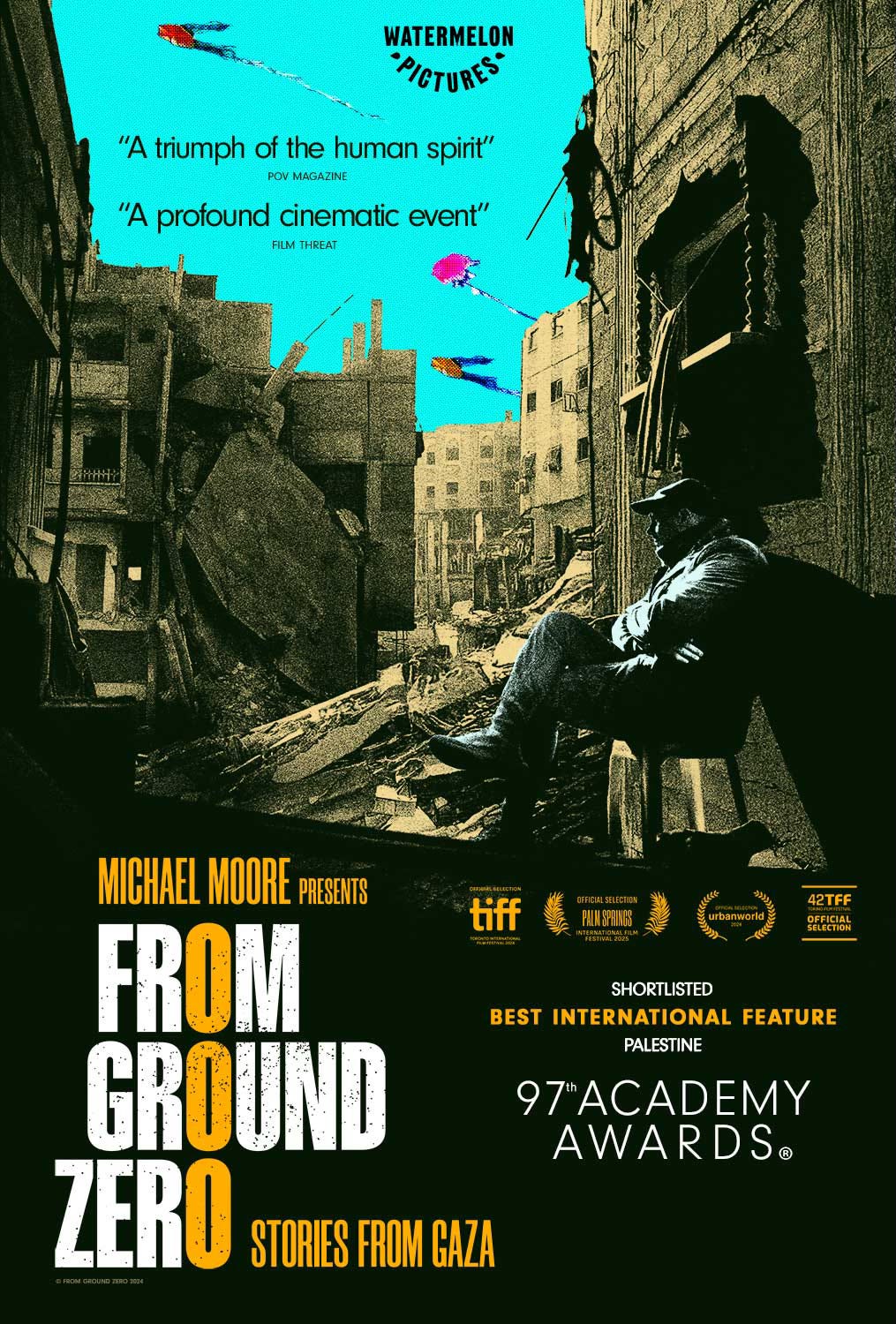There are different forms of dehumanization. There is the kind of dehumanization that we are all most familiar with, which is when we start labeling our fellow humans as animals, vermin, trash, cockroaches, etc. This is the kind of dehumanization that leads to holocausts and genocides, because the more we are able to strip someone of their humanity, the easier it is for us to destroy them.
There’s another kind of dehumanization— a less obvious, but equally pernicious kind. What we often don’t recognize is that the denial of a person or group’s full humanity can happen even when one is sympathetic to their cause. This kind of dehumanization begins to see people as nothing more than victims, or objects of pity. This kind of dehumanization erases the fact that even in the midst of trauma, people still laugh, sing, dance, create, love, learn, and stubbornly cling to life. This kind of dehumanization denies that even in the midst of genocide, people are still complicated, layered, and paradoxical— both victim and hero, devastated and hopeful, exhausted but steadfast.
One of the most impressive aspects of From Ground Zero, the recent anthology of 22 short films shot in Gaza during the current war, is its commitment to demonstrating the full humanity of the people of Gaza. It documents the horrors of war, of course, but it also documents the staggering resilience and resourcefulness of the Palestinian people, who refuse to give up despite facing the most unimaginable challenges. It shows us a teenager who drowns out the sound of Israeli war drones by putting on headphones, listening to music, and dancing. It shows us how a mother conserves water, getting as much use as she can out of every drop of the precious resource. It shows us a father who spends a whole day searching for food and water for his family, only to go home empty-handed, but not defeated. It shows us a journalist who refuses to tell stories of death, opting instead to seek out and lift up sources of hope.
From Ground Zero is a remarkable film that will leave viewers with at least one incontrovertible truth about the Palestinian people— that they are steadfast in their commitment to life, love, and the land. Gaza is their home, and they will persist in finding ways to live there—and I mean really live, not just exist— even in the most dire circumstances. Genocide has not driven them from the land, nor will a certain majnun politician and his nonsensical plan for a “mediterranean riviera.” The people of Gaza are rooted in community, family, and faith to that little strip of land. They belong to it as much as it belongs to them.
Do yourself a favor, and find a way to watch this miraculous film. If you have an independent cinema in your town, ask them to arrange a screening, or go to the film’s website and request to organize a screening yourself at a school, library, or house of worship. Hopefully it will be available via streaming services soon. No doubt it will become more widely available if it secures an Oscar nomination, which, if you believe the hype, it is likely to do.
I loved this collection of films because they did not romanticize or sensationalize. They just showed real people, surviving despite the odds. The films were often sad, sometimes hopeful, but always vulnerable and real. I have wished for a long time now that everyone could see what I see when I think of the Palestinian people. Now everyone can. Just set aside two hours of your time. You won’t regret it.





Amen for all you wrote Sara
Sandy
Thank you, Sara, for your courageous comments about our screening of From Ground Zero. It was very good to see you at Cinema Center tonight. You are a true partner with our friends in Palestine as they struggle for liberation. Thank you for all you do, for your steadfast solidarity with our friends in Palestine. Michael